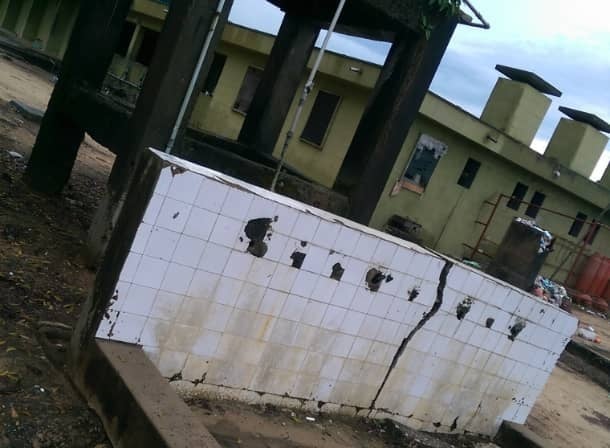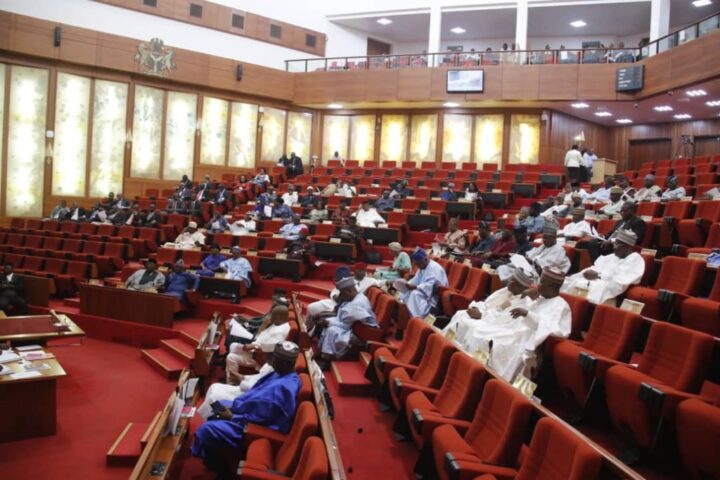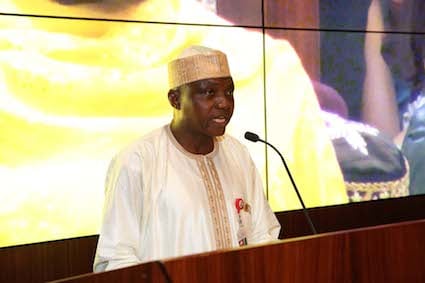Cleanliness, they say, is next to godliness, while security is everybody’s business. But these are not for the Federal Government Boys College (FGBC), Garki, Abuja, where poor sanitation is obvious, and at the Federal Government Girls College (FGGC), Bwari, also in Abuja, where you can walk the length and breadth of the school without a security pass.
FGBC, Garki, was a beehive of activities when TheCable visited during mid-session. Gozie, one of the students, was seen strolling with his colleagues. They moved towards the hostels located about 300 meters away from the bursary. Suddenly, Gozie stopped in front of one of the hostels to do the absurd: urinating inside a gutter nearby. While he was still answering the call of nature, a fellow student turned on the tap metres away.
Hundreds of kilometres away, in FGGC Bwari, you could walk to both ends of the school as a visitor and no one would bother to query you, even though there is a police station within the school.
A CLINIC AT THE MERCY OF MOSQUITOES
Advertisement
Malaria is rife in Nigeria where about a quarter of global malaria deaths occur annually, according to the World Health Organisation. Latest WHO data shows that in 2017, at least 435,000 persons die as a result of malaria out of the total 219 million cases recorded globally.
With such disturbing statistics, one would expect schools in the country to put proper sanitation and health measures in place. That is, however, far from what is obtainable at FGBC Garki. Students lamented how they were bitten by mosquitoes while seeking treatment at the clinic. Apart from being exposed to mosquito, a student has to get mosquito net himself.
Isah Mahmood finally arrived Bwari after travelling close to 50 kilometres from Maraba, Nasarawa state, to meet with the management of the boys college in Garki. He had been informed of his son’s ill-health. Although it was only malaria, Mahmood was worried because the 13-year-old who is a JSS 2 student “rarely gets sick.”
Advertisement
“They called me yesterday that that he is sick. They said it is malaria but it is surprising. I can’t even remember the last time he was sick,” he told TheCable as he walked past the school’s administrative block.
TheCable realised that while provision of net is in the school’s prospectus for incoming students, a good number of the students do not have the net for various reasons, including lack of money. And many of those who can afford it do not get the treated nets.
At the school clinic, a nurse who gave her name as Oko told TheCable reporter, who came in the guise of making inquires for a prospective student, that it is pertinent for the students have their mosquito nets themselves.
“There is no provision for mosquito net, they buy it themselves. It is not part of what they give them; it is a necessity after all, malaria is a common sickness,” she said.
Advertisement
Asked why it is not being provided for the students, she said: “Will you wait for Nigeria to do it for you? Some of the parents are not even buying; some are thinking like you. Some people naturally like free things.”
Abuja and Ogun states are in different parts of the country but the unity schools in these places have similar challenges.
‘WE CAN’T DRINK WATER IN SOME DORMITORIES’
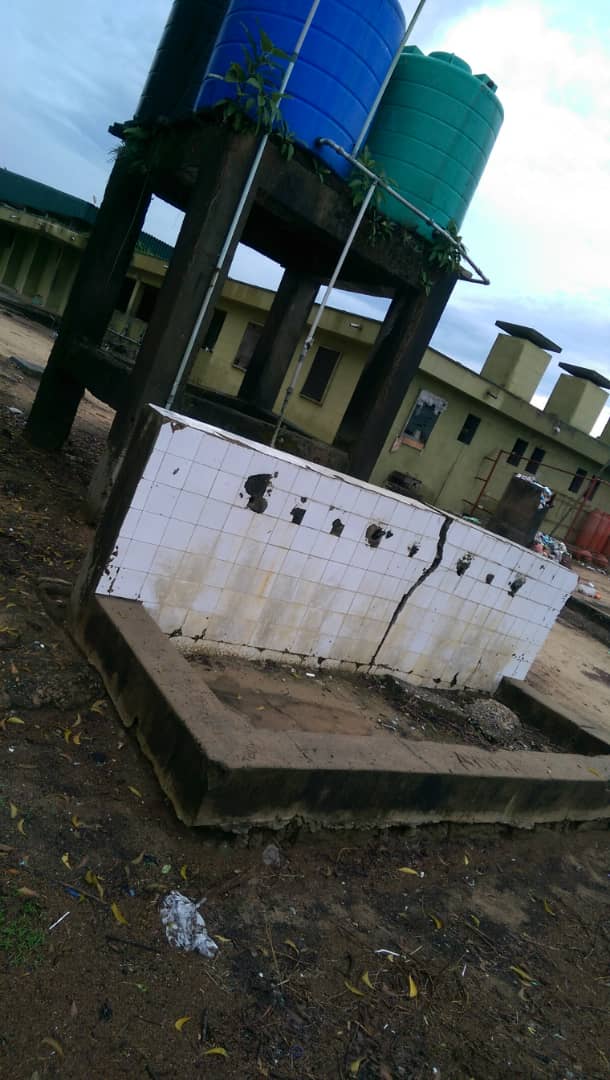
Cynthia Mark, a senior secondary student of Federal Government Girls College, Sagamu, Ogun, observes three important routines early in the morning: bathing, brushing and flushing. For all these, she needs water. The other activities she uses water for are: drinking, daily laundering of her socks, undergarments, uniforms, and hand-washing. And for all these, she rations 12 litres or less. The World Health Organisation (WHO) recommends that an individual ought to use at least 15 litres of water, in times of a disease outbreak, to prevent spread of an epidemic. Girls may require more, especially during their monthly menstrual period.
Advertisement
“Most of us keep water under our bunks; when there is scarcity, we do ‘rub and shine’. (‘Rub and shine’- the use of wet cloth to clean vital parts of the body; face, mouth, armpits, and more, is an act commonly practiced by students in times of dryness). We will not throw away the dirty water from washing, but we will convert it to flush,” Mark, who lives in Ogun house of FGGC Sagamu, told TheCable.
“Some girls don’t use the toilet because of lack of water, they pooh inside the black nylon bag and throw it into the bush or the pit at the back of our hostel.”
Advertisement
Laura Opia, an ex-student of the school, also testified that when there is no water, everything comes to a standstill.
“We can’t do anything. The toilet would be smelling, flies everywhere, we can’t even concentrate in class. Some girls have very big buckets so they can store more. Those ones used to give to others who beg them, in exchange for some favours.”
Advertisement
In 2017, the water crisis at Queen’s College, Lagos, led to the deaths of Vivian Osuinyi, Bithia Itulua and Praise Sodipo, who suffered from complications of gastroenteritis, typhoid fever and perforated intestines, caused by the poor sanitary condition.
Everything seemed good in the hostels at Federal Government College, Ijanikin, Lagos, until the visit to Macaulay and Oduduwa dormitories. Amara, a student of the college, told TheCable that while some dorms have good water, these two were no go areas.
Advertisement
“You can’t drink Macaulay dorm water because, you take sand along with it. Even Oduduwa dorm, some others are brown in colour. Nothing is being done about it. I can’t remember the last time they washed the water tanks or changed the purifier there. It’s hardly done. Not all of the taps are working and some pumping machines are not good,” she said.
Taking a walk around the school, some running taps were seen as well as dysfunctional ones. Given the amount of money allocated to waterworks and reticulation (N22million) in the 2018 budget, alongside complementary projects from the alumni body, it wouldn’t have been too much to expect a state-of-the-art water facility in the school.
Ikenna Ubosi, president of college’s alumni association, told TheCable that the association is aware of the development.
Ubosi said the alumni had installed a pumping machine and an overhead tank near the toilets to address water shortages.
A student, who preferred not to be named, told TheCable that the water from the toilets sometimes mingles with the drinking water from the pump.
“When the toilet is washed, the pipes leak and water flows down towards the pumping machine. So we don’t even know where the water we fetch from the tap is coming from. It’s not healthy,” the student said.
GIRLS EASE IN PUBLIC AT LANGTANG
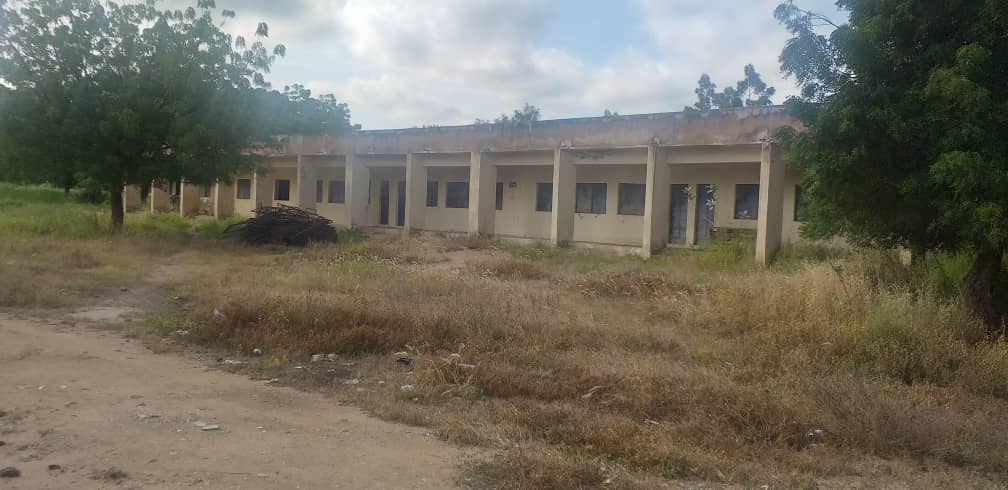
At the Federal Government Girls College (FGGC) Langtang in Plateau state, three boreholes supply water to 14 hostels –Nile, Niger, Senegal, Congo, Orange, Limpopo, Zambezi (each in junior and senior schools)– but the school does not have constant power to keep the water running for the students yet an uninstalled transformer was seen lying fallow inside the 41-year-old school. A teacher in the college was excited that a generating set was donated to the ICT lab which is now being used to power the whole school. She said water is pumped once, for a short period, until the next day. But sadly, this rationing of water has pushed girls to defecating in the public.
“We need light to power the boreholes and when there is not enough power, it leads to water shortages,” Nessa Bako, a student who graduated in 2017, said, adding that the situation had made girls uncomfortable.
A 2018 UNICEF report showed that 47 million people representing 24 percent of Nigeria’s population practice open defecation or have unhygienic toilets. Of these, 16 million live in north-central, a region which Plateau belongs. Cholera spreads fastest in areas where open defecation is rife. Interestingly, in 2018, cholera outbreak rose significantly from 5,609 suspected cases, 59 deaths (in nine states) to 42,466 suspected cases, 830 deaths in 20 states, according to the Nigeria Centre for Disease Control (NCDC).
NO POWER TO KEEP TAP RUNNING
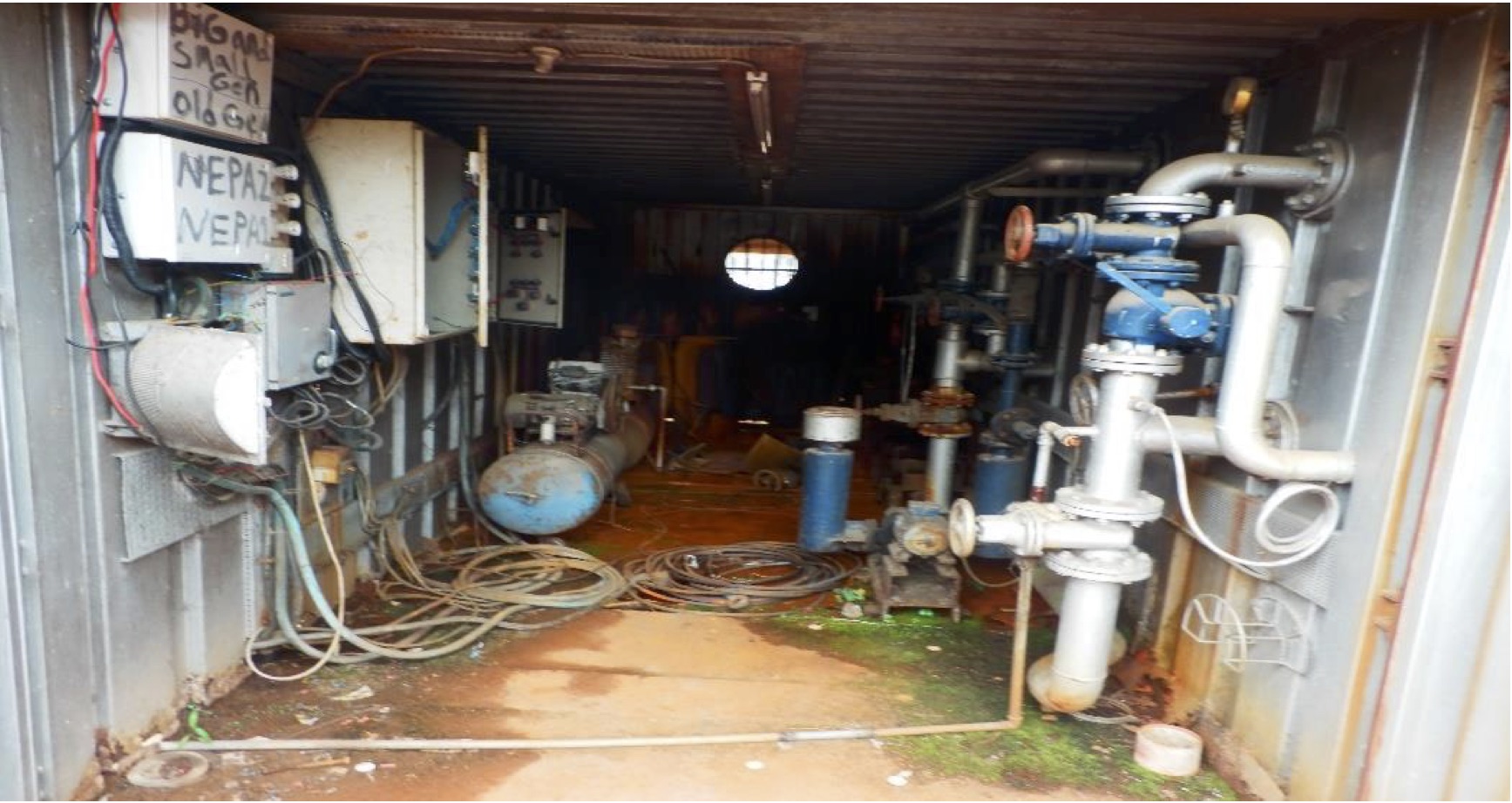
The old water treatment plant installed at Queen’s College in 1982. It ceased functioning in 2002. A source said currently, students of Queen’s College rush to get water once it is pumped. But the students were too scared to open up to TheCable. Also, the boarding house mistresses and teachers declined to comment about the situation, even off the record. Ifueko Omoigui, president of the Queen’s College Old Girls Association, told TheCable that water issue at the college used to be worse.
“It’s much better but they are still having two issues. The storage tank they installed there now is smaller than the one that was even there before. So when water is pumped, it does not last in the tank because of the population; the girls rush it and then it is finished again,” she said
“They need generator to keep pumping the water. But most times, they do not have diesel money. Apart from that, the water situation is better now. I even drank from it.”
The association reportedly supported government in providing funds to tackle the water crisis but sadly, the problem persists.
“The classes are designed for 45 girls as against almost 70 in a classroom, a reflection of the decay in our system,” Ayo Onakoya, an ex-student, said.
“It appears the owner of these colleges– the federal government– enjoys paying lip service to the student’s welfare. For instance, in 2017 budget, a sum of N126.77 million was allocated to solve the water problems at this college. In 2015, a sum of N13.5 million was part of the sum allocated to cover the construction of water system. And in 2014, N2 million was meant for construction two boreholes.
WATER SCARCITY IN GARKI
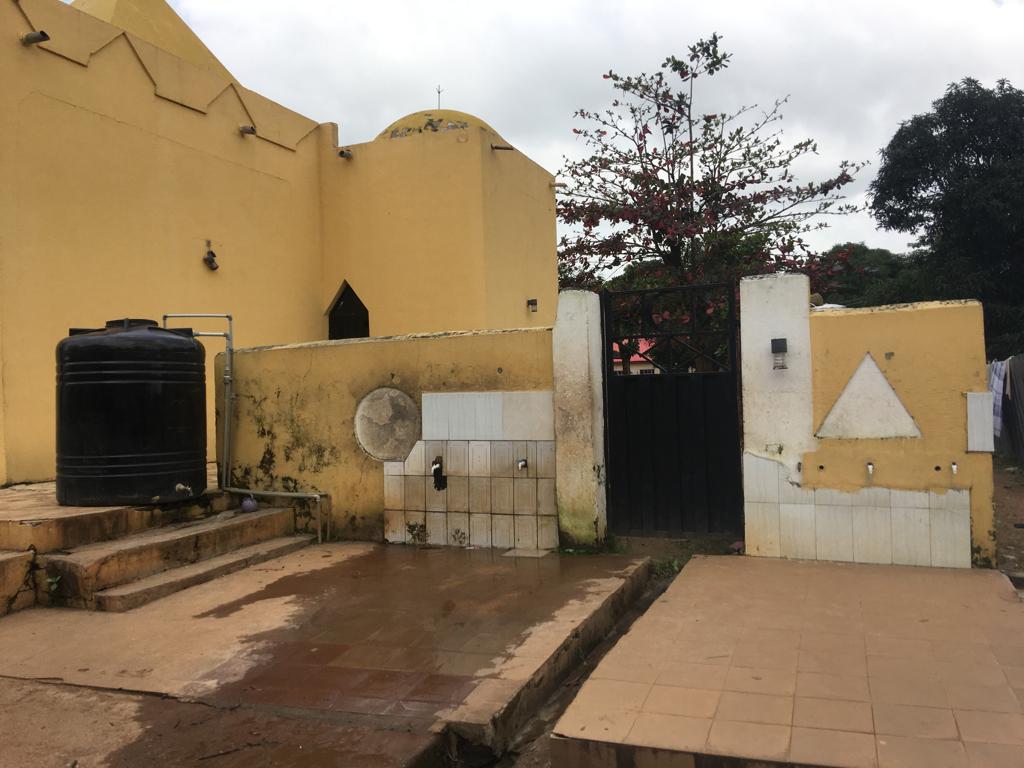
Like in Ijanikin, there is also problem of water scarcity at Federal Government Girl’s College, Bwari, Abuja. When TheCable visited the school, a former student who gave her name as Dorathy Kalu, said water scarcity is part and parcel of their daily life. According to her, students walk as far as 800-1000 metres (a distance of 10 minutes) to fetch water.
“Though each house (dormitory) has a tap in front of it, water doesn’t run all the time. When it is not running, you can go to other hostels, or go to the taps close to the gate. On rare occasions, all the hostels will not have water, especially on Saturday afternoons,” she said.
Walking long distances to access water is akin to the primitive experience where children often miss school in the bid to fetch water. It is not clear how much was specifically allocated for provision of water system in this school, but in 2018, N40 million was allocated to the school for three capital projects lumped under: “provision of VIP toilets and bathrooms in hostels and classrooms areas; provision of modern kitchen and renovation/completion of dining halls; provision of borehole and reticulation of water”.
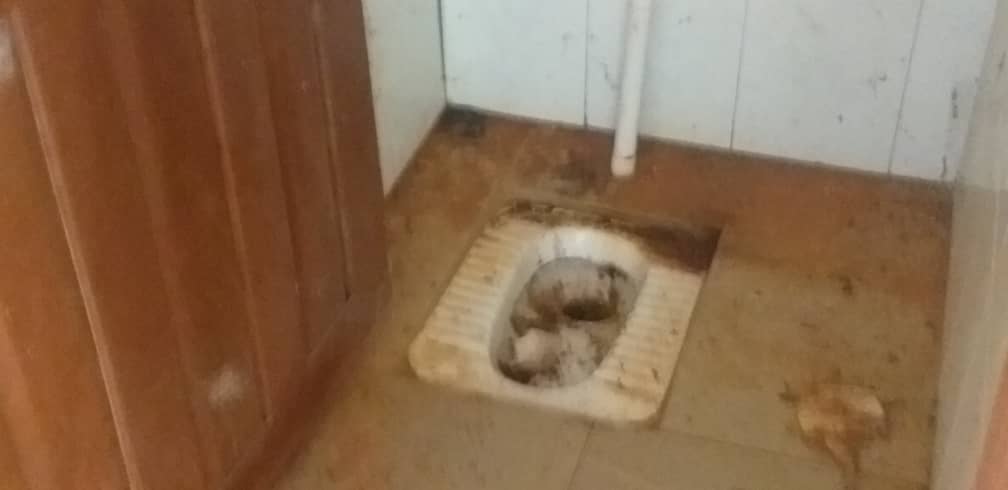
It was a similar tale of ill-maintained infrastructure at this 40-year-old school. Although the school environment appeared clean, the public toilets are an eyesore. Some of them have been abandoned and are no longer in use. Some of the students interviewed said they don’t have water problems, but this is far from the truth.
When TheCable visited during the college’s 40th anniversary, the principal, addressed as Olubanjo A, said one of their biggest challenges was water.
“Despite the intervention of the alumni and various bodies, the school is still faced with many challenges, one of them is the rehabilitation of the school’s main borehole,” he said.
TheCable gathered that the school was buying water from tankers but when that method did not solve the problem, the authorities decided that a long-lasting solution was to have a borehole that would meet their water needs.
Benjamin Okwoli, chairman of the school-based management committee, told TheCable that in 2016, the Lagos chapter of the alumni supplied the girl’s hostel with solar-powered borehole. In another year, the boy’s hostel was also supplied with borehole, yet the school’s main borehole is still bad.
A look at the records showed that the school had requested N35 million for the procurement of water tanker in 2018. Similarly, N40,000 was budgeted for construction of VIP toilets and bathrooms, construction of borehole and water reticulation works but the reality on ground is a far departure from this.
Olubanjo’s submission that budgetary allocation is never near 100 percent leaves no doubt that it is a mere farce. He said it is the efforts of the alumni and other well-meaning Nigerians that have kept the school on its foot.
TALES OF WOE CONTINUE AT FGGC BENIN
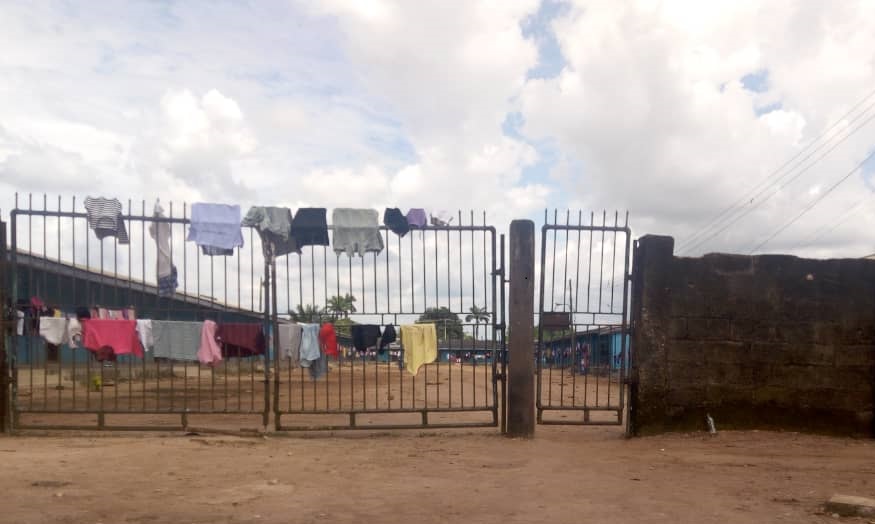
None of the principals reached made comments, but directed TheCable to the federal ministry of education. However, the concerned parents, teachers and students, blamed the sanitary conditions on government neglect, insufficient funding and overstretched infrastructure of the schools.
Elo Olaniyan, president of the Old Girls Association of the Federal Government Girls College, Benin said: “The federal government’s funding is the challenge and that is all. It is money that builds hostels not appropriation bills. I know how much money the old girls have to put to just maintain the sanitary conditions of the school. So the federal government cannot sit down in Abuja and be making bills and not funding the school. Bills do not fund school, money funds the school.
“We totally renovated the entire old hostel. We took everything out and put new ones, new soak-away, new bathrooms, new toilets, new showers, and new borehole so that the girls can have water. There is no water running, no light, so we felt like instead of putting a small tank, let us put a big storage so that even if there is light for only one or two hours in the day, they can fill the tanks and the girls will have water all day. That cost over N20 million and that is not what the federal government can tell us they have put into that school in the past 20 years.”
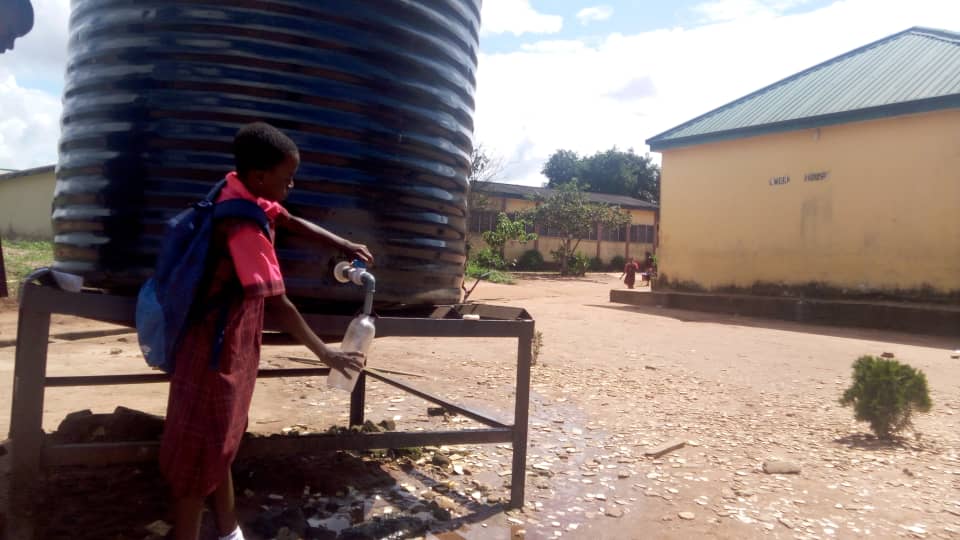
Established to promote unity and national integration, the 104 federal government colleges, also called unity schools, used to be the ivy league of the nation. It was the school attended by children of senior public officials, the rich and “who is who” in the society, but because of rot spread across the schools, public officials, the rich and influential, now send their children to expensive private schools.
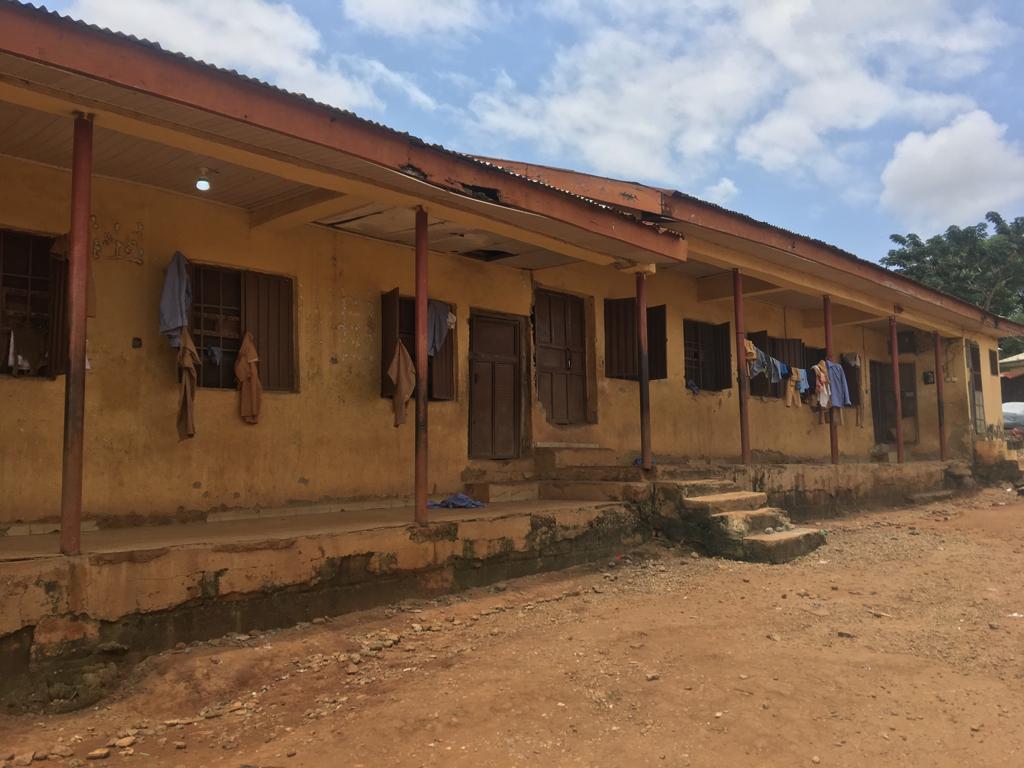
What everyone could easily identify with is the department of federal education quality assurance which supervises the curriculum and quality of instruction.
In 2006, the ministry of education, with technical support of UNICEF, had developed the national school health policy, to ensure that there is a legal framework for health audits in schools. The aim is to ensure health for all learners, to anticipate looming problems and troubleshoot.
Six ministries -namely ministries of education, health, environment, water resources, agriculture and rural development, housing and urban development, works, information, sports and social development, women affairs, are supposed to work within this framework and ensure this policy is implemented in the schools.
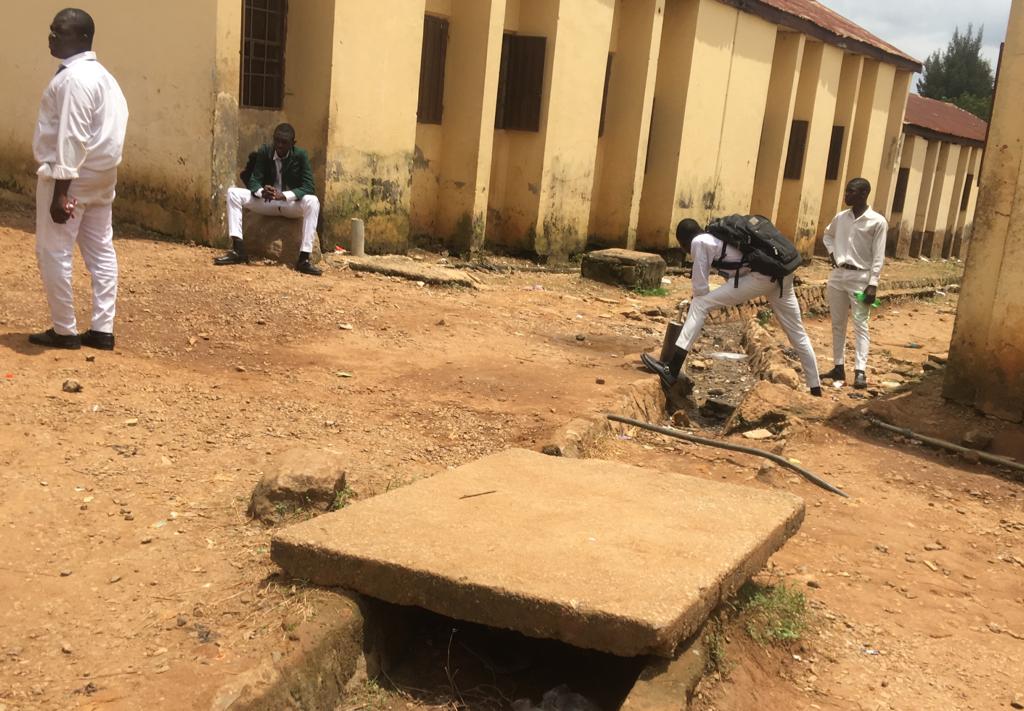
Six years after (in 2012), UNICEF reports that there is no clear cut directive or agreement amongst relevant stakeholders on policies and methods for effective implementation.
It’s a universally accepted truth that regular supply of water, works like an elixir in preventing the spread of infectious diseases. Over 800 children around the world reportedly die daily from preventable diseases caused by lack of access to good water, sanitation and hygiene.
Steps ought to be taken to address these issues making learning environment anything but conducive for students, not just in Unity Schools but in places of learning across the country.
Report by Dyep Shibayan, Chinedu Asadu, Stephen Charles Kenechukwu and Haleem Olatunji
This is a special investigative project by Cable Newspaper Journalism Foundation (CNJF) in partnership with TheCable, supported by the MacArthur Foundation. Published materials are not the views of the MacArthur Foundation.
Add a comment
